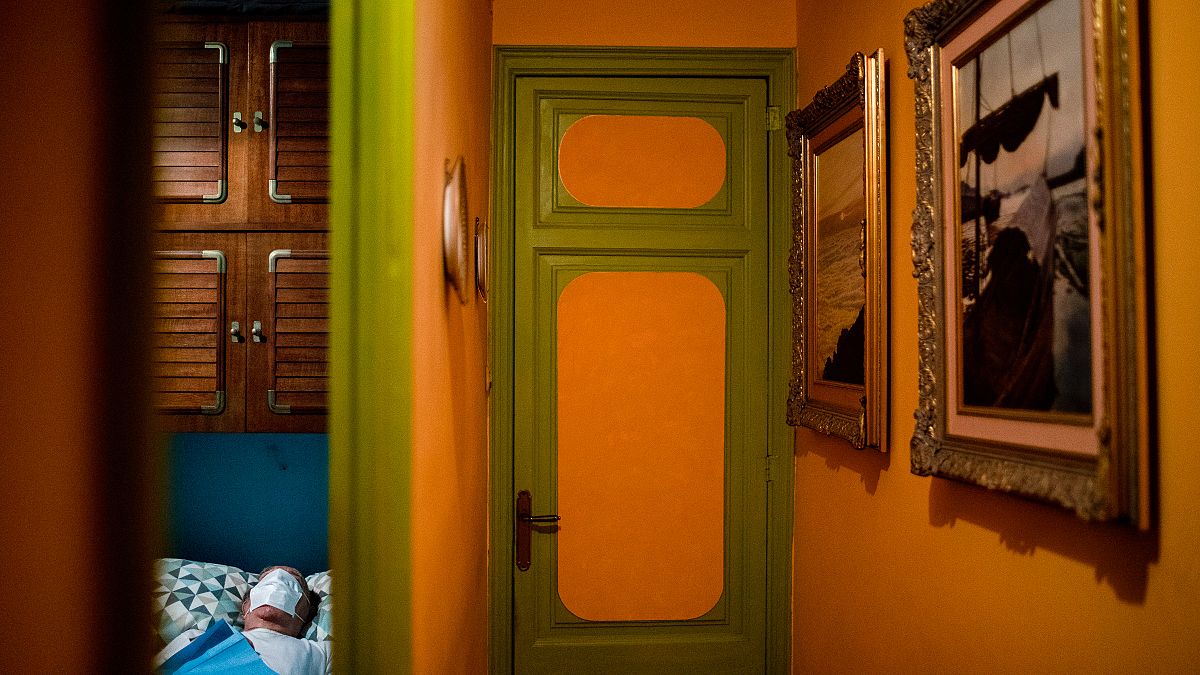COVID-19 is often described as a disease that doesn't discriminate. Euronews' political editor Darren McCaffrey looks at whether that is true.
It's described as a virus that doesn’t discriminate - rich or poor, black or white, we can all become infected with this horrible and deadly disease.
The British prime minister's health is currently improving and he left intensive care on Thursday evening. Actors Tom Hanks and Idris Elba have been infected, as well as the singer Pink and even royalty with Prince Albert II of Monaco and the UK's Prince Charles both struck down.
And while we all can - and for many of us probably will - get infected, our chances of survival and the impact COVID-19 is having mirror the very unequal societies in which we live.
It is those who now work on the so-called frontline - our key workers - who are more likely to catch the virus, simply because they are more exposed to it.
Those being disproportionately affected range from medical staff to transport workers, shop stackers to those who work in care homes. And they also happen to be among the lowest paid.
In the US, the contrast is even more stark, with black and Latino people dying in relatively greater numbers, not just because they work in those public-facing roles but because many have underlying health problems such as obesity and diabetes. Illnesses that are associated with poverty.
The lockdowns also discriminate, in their own way.
Construction and retail workers, hairdressers, waiters and bar staff are at best being furloughed, at worst simply losing their jobs.
Unlike many of us, they can’t work from home.
And it is those who live in small apartment blocks or tiny inner-city flats who are finding confinement the most difficult. They don’t have the comfort of space, but rather often noisy neighbours and the distinct lack of a garden.
Unsurprisingly, they are also the households that are most likely to be affected by alcohol and substance abuse and domestic violence - all of which is exacerbated in these difficult times.
The coronavirus is changing all of our worlds, but not in the same way nor to the same extent.
And the question is, when it's all over and things get back to “normal,” will we allow our world simply to carry on as before, as if nothing had happened?
Darren McCaffrey is Euronews' political editor.
If you would like to stay up to date with Euronews' coverage of the coronavirus crisis, please sign up to our newsletter, below.
